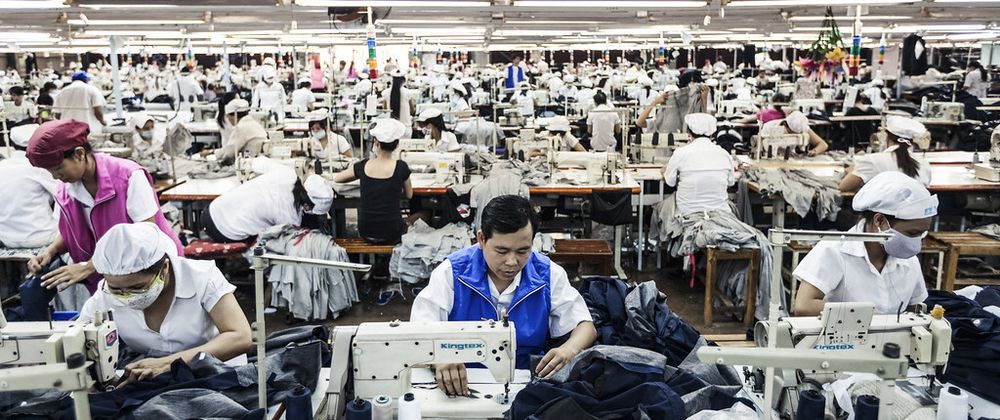The Island of Bali, this Indochinese island utopia renowned for its breathtaking views, vibrant culture, and friendly cordiality, has transformed into not just a vacation spot. In recent years, it has risen as a hub for worldwide apparel business, presenting a distinctive mix of time-honored skills and modern innovation. This piece examines the development of this Bali garment sector and the part it plays in upholding cultural heritage while adapting to international requirements.
This story of Balinese apparel trade starts with its rich textile ancestry, deeply ingrained in Bali's way of life. For ages, the people of Bali apparel have always been mastering the island's craft of constructing and dyeing, fashioning complex patterns and arrangements that reflect Balinese spiritual faith and daily existence. The time-honored ikat and wax-resist approaches, characterized by their elaborate patterns and vibrant shades, have always been passed down from one generation to another.
As the island of Bali opened its entrances to global, the island's talented artisans recognized the business potential of their art. What formerly a home-based business transformed into a thriving apparel industry. Local textile workers and craftsmen teamed up with entrepreneurs to establish modest textile ventures. This shift marked the onset of Balinese path into the international style world.
One of the unique aspects of Balinese garment industry is its devotion to upholding Bali's distinctive artistic attribute. Bali's apparel are not only goods; they are adornable masterpieces that narrate an account. Conventional motifs drawn from the environment, legend, and faith are integrated into modern fashions, generating a fusion of historical and current.
During a time when sustainability is of utmost importance, Balinese garment industry has also made meaningful progress. A multitude of Bali-based brands are devoted to sustainable practices. Natural dyes obtained from flora and age-old coloring methods minimize the carbon footprint. Furthermore, local craftspeople utilize natural fabrics, guaranteeing that the production process is ecologically sound.
What distinguishes Bali's garment industry unique is its stress on craftsman craftsmanship. Every article is handcrafted with meticulous meticulous attention to details. The island's artisans are proud in their art, guaranteeing that every single garment meets the highest standards of superiority. This commitment to craftsmanship is not only an affirmation to their skill but also a reflection of the island's strong community spirit and tradition.
Whilst the Balinese island's apparel business remains strongly entrenched in its heritage, it has also grown its views globally. The island has transformed into a sought-after destination for international designers and brands seeking to collaborate with native artisans. This merging of worldwide design sensibilities and Balinese craftsmanship has led in a wide-ranging selection of items that attract to a wide viewers.
Similar to any sector, the Balinese island's garment sector faces its quota of difficulties. The current COVID-19 pandemic upset global distribution networks, influencing manufacturing and sales. Furthermore, the fierce character of the field requires that businesses must constantly innovate and adjust to evolving consumer preferences.
Nonetheless, these hurdles have also encouraged innovation and resilience within the clothing business. Numerous enterprises have embraced e-commerce platforms, allowing them to reach a wider viewers outside of the island's boundaries. Moreover, collaborations with worldwide organizations and initiatives advocating ethical trade have aided address societal and economic issues within Bali's sector.
As the Balinese island's apparel business perseveres to evolve, there is a mutual devotion to upholding Bali's ethnical tradition. Craftspeople and entrepreneurs realize the significance of transferring age-old approaches to future generations. Training sessions and training programs have been established to assure that the skill of weaving and dyeing thrives for years to come.
In summary, Bali's apparel business is an enchanting fusion of custom and invention. It more than just showcases the island's rich cultural heritage but also reveals its capacity to adapt to the dynamically changing global clothing scene. Balinese artisans and entrepreneurs have crafted an intricate fabric that narrates the story of Bali, and in the course of action, they have created a legacy that goes beyond borders and time.



Top comments (0)